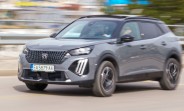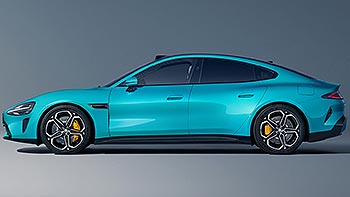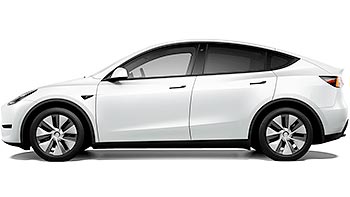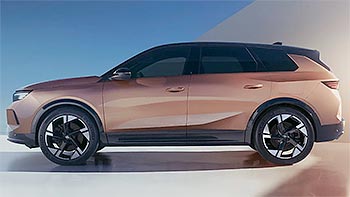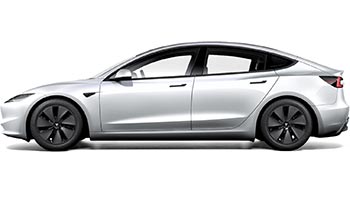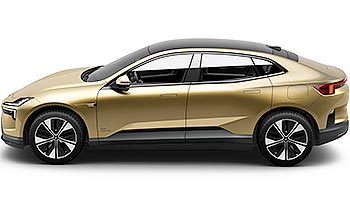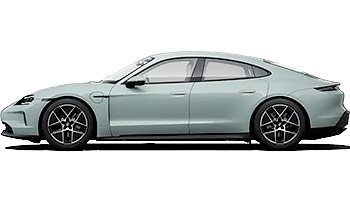Xiaomi EV business needs to be in world’s top 5 to succeed, says Lei Jun

Hot on the heels of Tesla’s Q3 reports and Elon Musk's goals of superseding Apple’s and Sauid Aramco’s combined values, comes the CEO of Xiaomi with his own predictions. Lei Jun wants his company to join the biggest automakers in the world and sell 10 million electric cars a year with a global top 5 spot on his mind.
According to Xiaomi’s CEO, the world's top five brands will have more than 80% of the market share and for Xiaomi to succeed it needs to be in that group. The entry ticket, though, comes at a hefty price of 10 million units per year. Lei Jun argues that cars are no longer cars, but a form of electronic goods with software and user experience as core of their services.
I'm convinced that the world's top 5 brands will hold more than 80% of the market share when the EV industry reaches maturity. In other words, the only way for us to succeed is to be one of the top 5 and ship more than 10 million cars annually. The competition will be brutal.
— Lei Jun (@leijun) October 19, 2022
Lei Jun goes on to say that he sees the cars to evolve from the mechanical items to consumer electronics, he carries on to say that the electric cars are far less complicated than gasoline-powered vehicles, and that the cost of batteries have fallen by 80 percent in last decade alone, with further 50 percent cost reduction still possible.
His opinions are an indirect response to some experts thinking that Xiaomi is too late to the race, with Tesla being good 10 years ahead of it. But Lei Jun claims the race is just starting and Xiaomi will have plenty of opportunities to catch up.
Can Xiaomi really make it work, can it be a successful EV manufacturer? Absolutely, there is no question about that. Can it sell 10 million cars every year? There is no reason why it wouldn’t, with its $10 billion development budget the company is certainly going to put up a solid effort.
The manufacturing threshold of EVs has been dramatically lowered compared to gasoline cars: 30,000 components are highly modular, and the cost of batteries has fallen by 80% in the past ten years (with at least 50% more room for cost reduction in the future).
— Lei Jun (@leijun) October 19, 2022
The first factory for the upcoming Xiaomi EV is being built in Yizhuang, China. Its production capacity is 300,000 units. The company wants to achieve mass production by 2024 with 150,000 cars being produced in the first phase next year. But Xiaomi will need 30 factories like that to get to 10 million cars a year and even with its budget and the speed - it will take a very long time.
The idea that cars are becoming more like electronic goods is not new, it has been tried before by a few companies and they failed. Even Tesla, despite its push into software and the user experience, can’t afford to forget about the pure pleasure of driving. While many of us enjoy moments of autonomous driving, we tend to prefer to take control. Sure - we let the cars do the boring stuff like parking itself and keep us safe but we still like to drive.
Then there is the design of the car. By comparing the cars to consumer electronics, is the CEO trying to say that we are heading for uniform design, with minimal differences? That’s just not going to happen, the cars have always been an emotional part of our lives and forever will be. Yes, they are means of transport but we attach feelings and personalities to them, we call them names and tap them on the dashboard when they perform well. Or kick the tires when they fail. We don’t do that to our microwaves or TVs, do we? Although, we do get attached to our phones…
Related
Reader comments
- Anonymous
not only companies, the whole government with its dangerous world power fantasies.... just like the USA or Russia or many other nutcases and dictatorial governments... almost all people in positions of power like in governments or any company bo...
- 22 Oct 2022
- L68
- Anonymous
not only companies, the entire government with its dangerous fantasies of world power... just like the USA or Russia or many other nutcases and dictatorial governments...worldwide
- 22 Oct 2022
- L68






